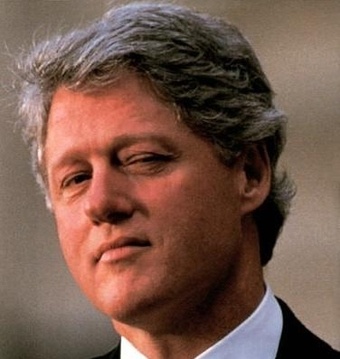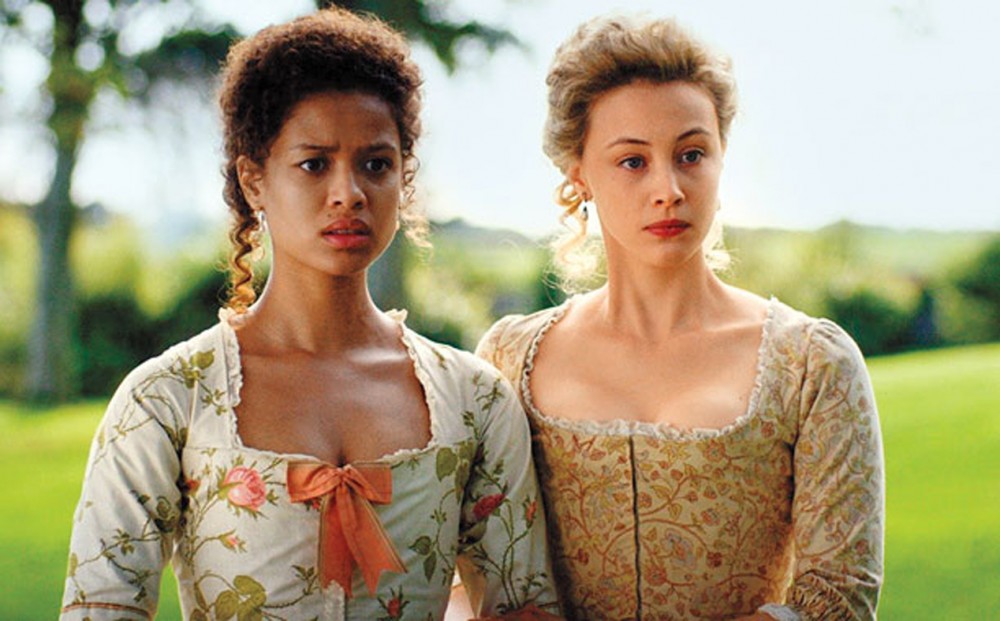This film pays homage to a bulwark of African History. And Mr. Mandela will share the same stage with the likes of Narmer, Taharqa, Shaka, Sundiata, and Nkrumah, to mention but a few.
[blockquote cite=”Nelson Mandela”]  When Mr. Clinton asks the question, ‘What can America do for Africa?’ He’s asking the wrong question. Instead, he should be asking, ‘how can America work with Africa [Together]?’ [/blockquote]
When Mr. Clinton asks the question, ‘What can America do for Africa?’ He’s asking the wrong question. Instead, he should be asking, ‘how can America work with Africa [Together]?’ [/blockquote]
In the discourse about Apartheid and South Africa, what seems to be missed by sincere partakers is a full appreciation of the nature of the South African fight for freedom – the African National Congress’ (ANC) fight to free South Africa and her people from brutal white settlers – a struggle that was characterized by agony and much nobility.
That nobility – the intrinsic peaceful nature of South Africans – in finding a peaceable solution to the white problem was nevertheless met with hard moral decisions. But these decisions had to be made.
In Mandela: Long Walk to Freedom, Justin Chadwick’s biography of Nelson Mandela, played by the West African actor Idris Elba, seems to convey this agony as well as the nobility of Mr. Mandela’s quest for South Africans to first, regain their lands from white encroachers, and second, fashion a new nation for self-determination.
The ANC will use nonviolence for its struggle to free South Africa, but will resort to the use of force in equal proportion if it is used against us.
It is not that the struggle for independence in South Africa was much different from what had transpired in other parts of the continent. It was the sheer length of the struggle and the pervading and lasting reluctance of the United States, and the remainder of the rest of the world outside Africa, to condemn and to bring to justice the white perpetrators of the injustices against humanity.
Much of the pain experienced in South Africa and much of the agony that still lives on is a suppressed rage at the cruelty and injustice, without a true pragmatic reconciliation, of that apartheid regime.
As Mr. Mandela looked beyond the fury of those moments and calculates the cost of urging violence, we sense the difficulty and frustration with which he accepts his African magnanimity in the face of white brutality, and strives for the reasonable choice – taking the high road.
Though Mr. Elba’s screen presence is one that is considerably beefier than Mr. Mandela in his youth, he wears the same sharp, hyper-alert gaze that Mr. Mandela dawned, in acknowledging the horrors of white supremacy while looking above and beyond its pettiness and small mindedness towards a godly ideal.
It will be farfetched to claim that Mr. Elba, a West African (Ghana & Sierra Leone) who spent most of his formative years in the UK, captures Mr. Mandela’s South African accent with any accuracy. But he tries.
He is convincing as a leader with an unrelenting drive. He makes you feel the almost unimaginable price Mr. Mandela paid by spending 27 years in prison, quarrying stone, separated from his family by several nautical miles, and the anti-apartheid movement on an island off Cape Town. Perhaps his lowest moment comes when he is forbidden to leave the island to bury his own son.
Mr. Elba’s performance is quite impressive given the towering personality that Mr. Mandela was.
But Mr. Elba lends Long Walk to Freedom a Shaka-like breadth and a Mari Djata-like devotion. His Mandela is an intensely emotional man, a Sumanguru Keita of sorts, whose body quakes in moments of sorrow and whose face is stricken with a bone-deep anguish. The carefully chosen words in his eloquent declarations of principle, spoken with gravity and deliberation, remind you of Shaka Zulu himself, and are deeply stirring.
The performances of Naomie Harris — who plays Mr. Mandela’s wife Winnie, a firebrand whose simmering frustration with white oppression and animality erupts intermittently with less controlled anger — give a crucial human dimension to this streamlined, panoramic, epic.
Long Walk to Freedom sustains the measured, inspirational tone of a grand, historical cavalcade. But too many historical events are generalized and compressed into a sweeping storyline. And though some of the gripping, dynamically choreographed scenes of street violence are harrowing; they are short, as the film hurtles forward at breakneck pace.
To Mr. Chadwick (The Other Boleyn Girl) and the screenwriter, William Nicholson, who adapted the script from Mr. Mandela’s autobiography, this is a film with the feel, flow and grandeur of a Hollywood biopic. But Long Walk to Freedom barely glosses Mr. Mandela’s youth or his true life as a leader for the struggle for South African Freedom.
However, this is a commendable step towards understanding the man who has come to mean so much to African magnanimity and occupies a revered rank achieved by great African leaders, for thousands of years, even before Europe was born.









